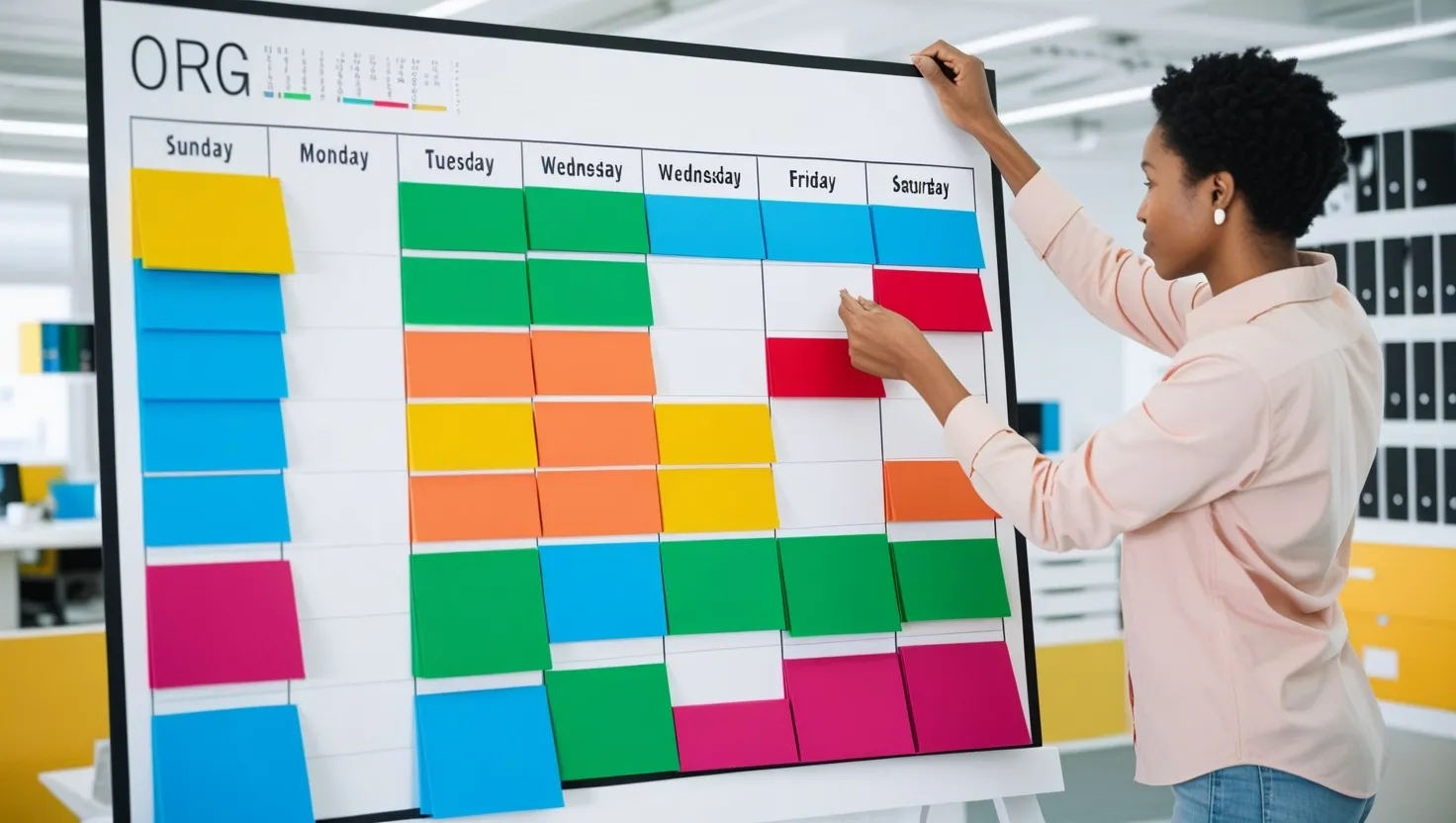Creating a habit of gratitude is like unlocking a superpower for your well-being. It does wonders for your mental and physical health, strengthens relationships, and just makes life brighter. Instead of dwelling on what’s missing, you start cherishing what you already have, and trust me, with a bit of consistency, this magical shift in mindset begins to unfold naturally.
Gratitude is more than just saying thank you; it’s a science-backed mood booster. Research shows that regularly practicing gratitude can make you more optimistic, satisfied with life, and even lead to fewer doctor visits. It’s like adding a sprinkle of positive vibes to each day, which in turn, helps in dealing with anxiety by keeping your thoughts tied to the present moment. Just reflecting on what you’re grateful for can snap you out of negative thought cycles about the past or future, pulling you back into the here and now.
One of the simplest ways to kickstart your gratitude journey is by jotting it down. Keeping a gratitude journal, where you note a few things you’re thankful for each day, can tremendously elevate your mental well-being. It’s rewarding to dedicate a few minutes every morning or night to write down things that went well. This practice nudges you to notice the good stuff that might otherwise slip by.
Another powerful way to weave gratitude into your life is by expressing it to others. Sending thank-you notes—whether through emails or handwritten letters—to people who have positively impacted you can boost your happiness and nurture relationships. Make it a mini-goal to send at least one gratitude letter a month. And hey, don’t forget yourself. Appreciating your own efforts and achievements in a letter can be incredibly uplifting.
For those hectic days when there’s no time to sit and write, a quick mental thank you can do the trick. Just take a moment to think about someone who did something nice for you and mentally thank them. It sounds simple, but this tiny act can lift your spirits and keep you anchored in positivity.
Getting friends and family involved in your gratitude practice can be a game-changer. Turn it into a shared activity, like discussing what you’re grateful for over dinner. This collective ritual not only strengthens your own practice but also fosters a supportive environment for everyone involved.
Consistency is key when it comes to forming new habits, and gratitude is no exception. People often use reminders to keep on track. Place a small note with the word “Gratitude” on your table or set a daily alarm. There are even apps designed to prompt you to reflect on what you’re thankful for. These little nudges can make it easier to keep gratitude at the forefront of your mind.
Gratitude positively impacts relationships as well. Expressing thankfulness to a partner makes you more positive and comfortable addressing concerns, ultimately strengthening your bond. In the workplace, a simple message of gratitude from a manager can significantly boost employee motivation and productivity. One study found employees who were thanked made 50% more fundraising calls—proof that gratitude can drive performance.
Health benefits from regular gratitude practice are plenty. It can reduce depression by boosting life satisfaction, social connectivity, and self-esteem. Gratitude also helps with anxiety by focusing your thoughts on the present, warding off negative thinking patterns. Interestingly, it also supports heart health by improving factors like sleep, diet, and exercise, all of which contribute to reduced risk of heart disease. Even something as simple as keeping a gratitude journal can lower blood pressure.
Feeling grateful can also help you manage stress better and enjoy more restful sleep. When you focus on what you’re thankful for, it activates the parasympathetic nervous system, helping you relax. It’s like hitting the body’s relaxation button, lowering blood pressure, heart rate, and breathing. Plus, those with a grateful mindset tend to practice healthier lifestyle habits that promote good sleep, like exercising and eating well. Reflecting on positive thoughts before bed can set you up for a quality night’s sleep.
Starting small is a great strategy for embedding gratitude into daily life. Dedicate a few minutes each day to think about what you’re thankful for—whether it’s during meals, right as you wake up, or before bed. Finding a consistent time or prompt that works for you is crucial to building this habit.
Once you’re comfortable with the basics, you might want to explore advanced practices. For instance, use phone calls as a cue to reflect on gratitude. Before picking up a call, think of one thing you’re grateful for and then proceed with a sense of appreciation.
Mindfulness and meditation also play a powerful role in cultivating gratitude. By focusing on the present moment without judgment, you learn to appreciate the little things in life, like the warmth of the sun or the sound of a pleasant tune. This practice can keep you grounded and constantly in awe of life’s simple joys.
Gratitude is like a ripple effect; it’s contagious. When you express gratitude, it not only lifts your mood but also encourages others to do the same, gradually creating a supportive and appreciative community around you.
It’s important to celebrate your progress along the way. Reflecting on the positive changes and small victories can keep you motivated. Acknowledging your journey helps you see the impact of your practice, fueling you to continue with enthusiasm.
Building gratitude into your daily routine is a journey worth embarking on. It’s perfectly okay to start small and be patient with yourself. With consistent practice, gratitude will gradually become a natural part of your thought process, leading to a life that’s happier, healthier, and more fulfilling. So why wait? Start this life-changing habit today.






